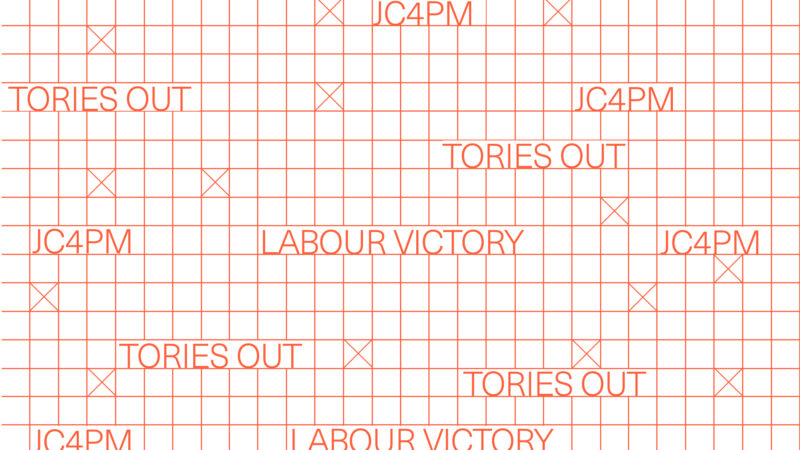
In an age when the Tories are able to alter the headline of a BBC article to spread fake news and with a general election imminent, Labour is desperately in need of digital tools to help it win.
We’re good at organising internally. Just this week, climate campaign group Labour for a Green New Deal showed how digital organising could reap results. A strong social media presence and a well-oiled communications team ensured the climate emergency and Labour GND’s ambitious policy targets are the most-submitted motion to Labour conference this year.
But we also need to mobilise and encourage those outside of the Labour Party if we want to win the next election. That’s why the latest digital tool to be released by Momentum is exactly what we need. Yesterday, the Corbynite campaign group launched a new website aimed at young activists that tells them where they should register to vote.
The tool, Univotes.co.uk, asks students to enter their home and university postcodes and calculates where their vote would have the most impact. Using data from the 2017 general election, the website suggests which borough the user should register in by presenting a graph to display the Labour vote and the winning or second-placed vote.
Momentum have created Univotes.co.uk as part of a drive to encourage young voters to register in the face of a likely general election. They are also launching targeted Facebook adverts and will be encouraging members to organise registration drives on campuses across the country.
The creation of the tool follows research undertaken by the campaign group, which identified constituencies where the registration of young voters could swing the result in Labour’s favour at the next general election. Momentum calculated that registering just 19,000 voters across five target seats could secure a Labour victory. One of those constituencies is Uxbridge, where Labour’s 25-year-old prospective parliamentary candidate Ali Milani hopes to unseat the Prime Minister at the next election.
Univotes.co.uk was created for Momentum by Chris Devereux and Ilyanna Kerr, designer of this year’s The World Transformed visual identity. The tool is built on an open-source framework called Gatsby and hosted on Netlify, a low-cost platform that simplifies development and hosting for coders. Gatsby is particularly useful for creating Progressive Web Apps, powerful websites that mimic apps, and manipulating large amounts of data.
Speaking to Devereux about the tool, he said getting “students and young people out voting again this time is really important”. The tool took around a week to build, combining Kerr’s design – setting sans-serif ‘JC4PM’s over a graph paper pattern – with publicly-available data.
“The key thing,” he said, “is the good relationships that have been built between left-wing designers and technologists that will carry over into the mass-organising tools to maximise the Labour vote.”
Those tools will be crucial. In the US, like-minded coders formed the collective ‘Coders for Sanders’ and created Field the Bern, a canvassing tool with key policy lines for Bernie Sanders’ 2016 election campaign. The app took 800 hours for grassroots activists to develop, and used gamification to make door-knocking exciting and easy for first-timers.
Even the Lib Dems have a digital tool – MiniVan – and, though we may laugh at canvassing with an iPad, they have the right idea. Labour created Doorstep for the 2017 election but it wasn’t very good and it wasn’t a success, largely because Labour campaigners won’t let go of the red clipboard. The truth is, if we want to win we need to do away with the poorly-written X’s and Z’s and move online.
Univotes.co.uk is a simple, beautiful and effective tool that will mobilise young people across the country. In its first two days, almost 10,000 students have logged on. It’s a great start, but we need more. If you can code, now is your best chance of helping to bring about a Labour government.




More from LabourList
Economic stability for an uncertain world: Spring Statement 2026
‘Biggest investment programme in our history’: Welsh Labour commit to NHS revamp if successful in Senedd elections
James Frith and Sharon Hodgson promoted as government ministers